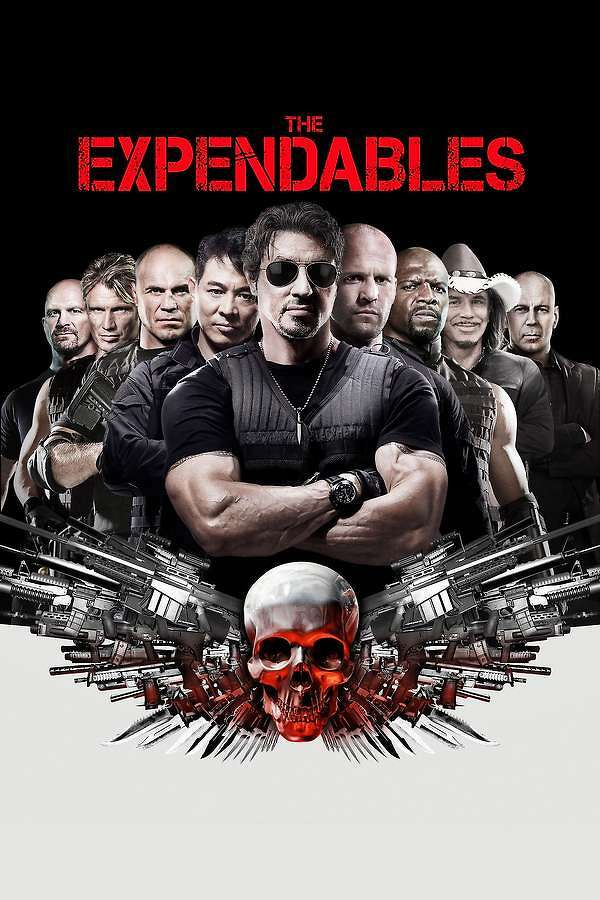LaRoy, Texas, 2023 - ★★★

I've seen this sort of plot happen in a couple of movies before, but it was executed nicely in LaRoy. This movie comes with a lesson, but I think it's a lesson I already learned a while back - but it's a good reminder.
I knew I had it saved somewhere: Apple Watch Users Claim Workout App Is Now Worse in Every Way. Yep.
I’m used to my Apple Watch asking me if I want to record my walk as a workout if it detects a certain distance. That’s fine. What I don’t like is having it nag me over and over to record my walk. I need to mute it, which means finding the Mute button, which means taking off my glove on one hand and pulling up my sleeve with the other.
When I actually want to track a workout, it keeps nagging me to pause it if I stand too long. This can happen when I wait at a traffic light or when I tie my shoes. It also happens at home, when I work out and take breaks between sets, I often do something else as well - watering the plants, cleaning up some trash, etc.
Why? What’s the rush? There is an option to turn off resume reminders; maybe this will be it, but why is it on by default? Do people need to be reminded to keep walking somewhere? If I do two sets instead of three, it’s because I choose to stop; I don’t need to be nagged to continue, and if there’s a traffic light in the way, well, I don’t want to get run over, OK? yeesh.

Took the bus to NJ today to see a new location for work. GW bridge terminal.
This is long overdue: Audio46 page.
If you’re looking for a new headset and qualify as an audiophile (or want to be one), check it out 😄 I got all my headsets from this store, naturally.
This comes with little surprise:
Gmail preparing to drop POP3 mail fetching theregister.com
Kev shared recent survey results on how people read his website. Unsurprisingly, almost everyone (by a large margin) read his blog via RSS - myself included.
80% of the folks I find with blogs and RSS feeds are techies, and that bothers me - the normies don’t know what RSS is and how to use it.
Helldivers continues to deliver.
Just finished a bug-world mission with three random folks. Movie level teamwork, suspense, and action… and dragons, how can you go wrong with dragons.
The Expendables, 2010 - ★★

Fun, quick and simple. Sometimes you just need something to eat popcorn too you know?
There’s not much I can do about this project at work… and it’s not like there’s anyone else to talk to about it today anyway. Time for a nap.
Gillian Anderson and Sex Education
Earlier this week, NK and I finished watching the 7th season of The X-Files. Even though there are more seasons to go, I think I’m ready to say bye to this show. I was ready since the episode Mulder found out what happened to his sister.
After the show, we watched both David Duchovny and Gillian Anderson clips on YouTube, discussing The X-Files (not together, different clips), and as it turns out, Anderson is pretty f-ing cool. Here, have a listen:
After I found out about her tattoos and the dress with the vaginas, I also learned she’s the sex therapist (Jean Milburn) in Sex Education. I immediately decided I’m going to watch it - and I just finished the first episode 📺.
I’m not sure if it’s my kind of show (I usually don’t connect well with high school shows, it just doesn’t speak to me that well) but it does have a certain charm. I see myself as a sex-positive person, and this show kind of highlights some principles I agree with in a comic way.
Well, I guess we’ll see how it goes.
It doesn’t feel like 2026 to me. Had an intense workday yesterday, will have another tomorrow… same weather outside… I think it can be 2025 a little longer. It’s fine…
Happy new year to all the interweb gremlins 👹
I like the DU command in Dired
Using the du command in Emacs Dired is pretty useful! Easier to target directories and work with the results as text.
Walked in the snow for farmer’s market, amd this nice taco place with spicy veggie tacos and hot chocolate is the reward. 🌮😋

Do I need the Zen Browser workflow...?
I’m trying Zen Browser on Mac after a week of using it on Linux. Do I need it…? I’m not so sure. Onward with the experiment.
Krita is an underrated painting/photo/animation/ai-creation tool you should check out
Krita is blowing me away. It has proven to be a powerful and versatile alternative to Photoshop for image editing and generation, especially with its AI integration. If you haven’t, you should check it out. After all, it’s free.
One thing I managed not to compromise on recently is cooking at home and watching my diet a bit more. Maybe it’s easier for me to do because I already enjoy vegetables, but I took it to the next level after I got my Vitemix. Here’s breakfast with some homemade hummus:

So, to fix the KeePassXC issue for Zen Browser, I went the route of installing it from tarball instead of flatpak. This is not a Zen problem - it’s an issue with how KeePassXC works, and the nature of flatpak. Automatic updates work.
Learned a lot of good stuff. Notes will follow.
OK, trying zen browser take two…
The KeePass issue is definitely a Flatpak issue. I Installed Zen from tarball - no problem. Works as expected. What I’m not sure about now is if I need to download the browser each time when there’s an update.
